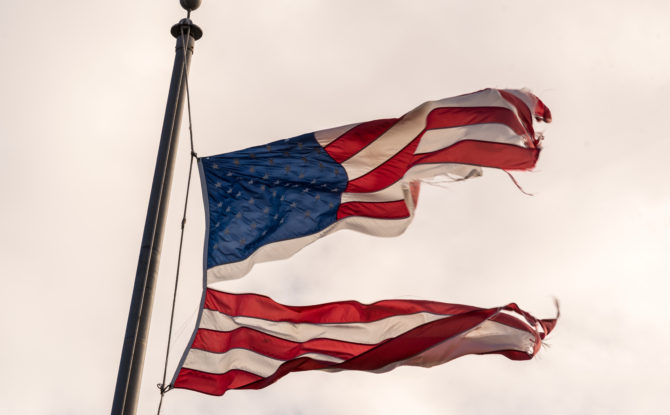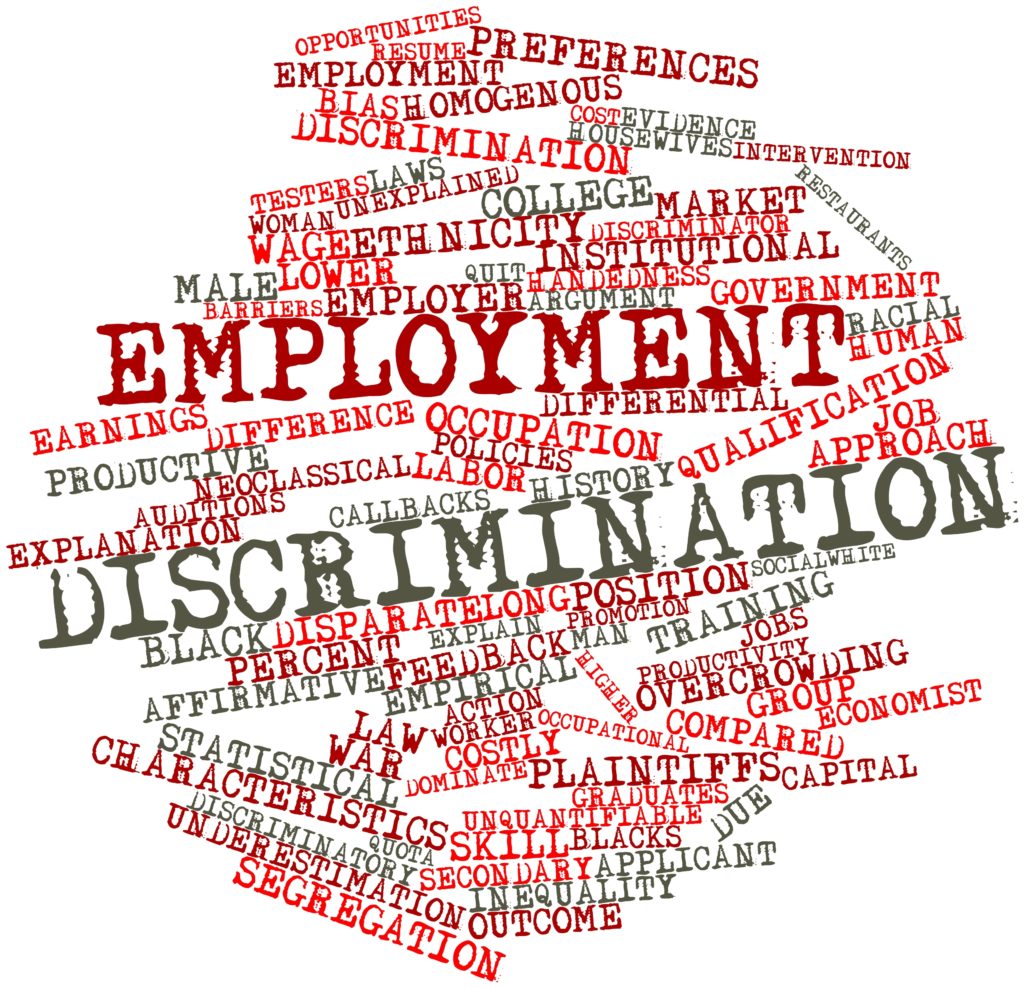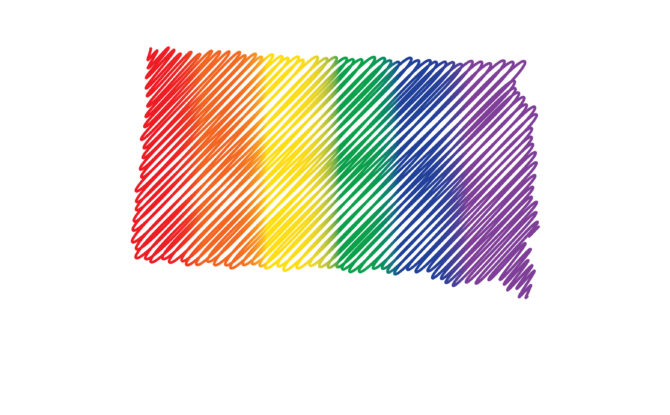Michael J. Stern, who nearly lost his job as a federal prosecutor due to antigay bias, wonders what additional damage Trump’s “religious liberty” moves will bring.
During his tenure as Donald Trump’s attorney general, Jeff Sessions announced the formation of a Religious Liberty Task Force. This task force, powered by the federal government’s Department of Justice, is supposed to ensure religious liberty for all. But I know the real intent behind its creation. You see, I have been on the receiving end of DOJ’s efforts to spread religious liberty. It nearly cost me my career and pulled me into a rabbit hole of depression from which I was unsure I’d escape.
After finishing law school in the mid-1980s, I moved back to my hometown in Michigan and was hired by a state prosecutor’s office just outside of Detroit. I loved the work. I was prosecuting murder, rape, and child abuse cases, and I felt a sense of accomplishment in making my community safer. I was working 70-hour weeks, and I quickly rose through the ranks to the elite handful of attorneys who handled only felony trials. I had a track record of success with difficult cases, and the elected prosecutor had confidence in my work, so he often assigned me to high-profile cases that got a lot of media attention. Soon I was recruited by the U.S. Attorney’s Office in Detroit.
I felt a beaming sense of pride when the Department of Justice offered me a job as a federal prosecutor. When I joined the U.S. Attorney’s Office, a month before the decade rolled into 1990, I was 29, the youngest federal prosecutor in an office of more than 100 attorneys. Even in gray Detroit, I saw only blue skies ahead of me.
Like all other newly hired federal prosecutors, until my security clearance was completed, I was allowed to work but not access classified information. A few months into the job, two FBI agents walked into my office unannounced. After introducing themselves, they informed me that they had been assigned to investigate my application for a security clearance. I could tell from the looks on their faces that something was wrong.
One of the agents asked me if I led an “alternative lifestyle.” I knew what he meant. In that moment of panic, I weighed my options. I responded with my default setting: I told the truth. “I do not lead an ‘alternative lifestyle,’ but if you’re asking me if I’m gay, the answer to that question is yes.”
The brief discussion that ensued was not pretty. What I remember most from the discussion were the phrases “moral standards,” “subject to blackmail,” and “possible discharge.” I assured the FBI agents that I was not subject to blackmail. My close family and friends knew that I was gay, and if I had to, I would be willing to come out more publicly to foreclose any possibility that being gay would subject me to blackmail. But that did not work. Although the agents were polite and professional, they made clear that a gay man did not meet the DOJ’s moral standards. When I asked if my job was in jeopardy, they answered yes.
By Michael Stern, Advocate.com, January 7, 2019
Click here to read the entire article.




